The conflicts between the military junta and allied ethnic groups were supposed to cease following an agreed-upon ceasefire during the third round of China-mediated peace talks in Kunming on January 11.
It has been reported that despite the agreement, conflicts persisted in various areas of northern Shan State such as Lashio Township.
The Brotherhood Alliance, comprising the Arakan Army (AA), the Myanmar National Democratic Alliance Army (MNDAA), and the Ta’ang National Liberation Army (TNLA) has been effectively coordinating an offensive against the military regime since the coup in February 2021.
Over the past two months, the 3BHA has gained control of more than ten key cities and five China-Myanmar trade zones. In contrast, the military junta has suffered losses of at least 250 army bases in northern Shan State, including a Regional Operations Command and tactical bases.
However, under Chinese pressure for stability along its border with Myanmar, the 3BHA and the junta agreed to a “temporary ceasefire” last week. They have agreed to halt further territorial advances and refrain from seizing additional regime camps or towns in northern Shan State, and the military junta agreed to abstain from air strikes and shelling in the region of their control. In addition, the alliance concurred to reopen vital Myanmar-China trade routes under its control.
While this marks a significant success for ethnic armed groups against the military’s decades-long rule, there is disappointment that the Shan armies did not actively participate in protecting their people, and the Shan political parties have remained silent although local people, mostly Shan, are suffering.
It has been criticized that the way in which the 3BHA’s approaches are done is to mimic the military’s divide-and-rule strategies. The 3BHA pursued territorial expansion without prioritizing the revolution’s goal of changing the governing system and establishing a genuine federal union. The question arises as to why the 3BHA deviated from this objective and whether the temporary ceasefire will truly bring peace and prosperity to Myanmar.
Writer Ma Thi Htar (Chan Chaung) emphasizes that peace cannot solely rely on a ceasefire agreement. Genuine peace requires the acceptance and respect of justice and equality, a sentiment that must be embraced by the national government and its citizens.
Also, collaboration across the country, with each nationality enjoying equal rights, is crucial for building a federal system that fosters peace and stability.
To achieve this, the country must address issues such as oppression, discrimination, and animosity propagated by the military. Political means should be employed to encourage diverse ideas and perspectives. Politicians must serve the constituents not only by articulating their needs but also by implementing policies that address pressing issues, uplift communities, and promote equitable access to resources and opportunities. The ultimate objective is to cultivate a military that goes beyond conventional roles, evolving into an institution dedicated to serving and safeguarding the interests of the people it represents.





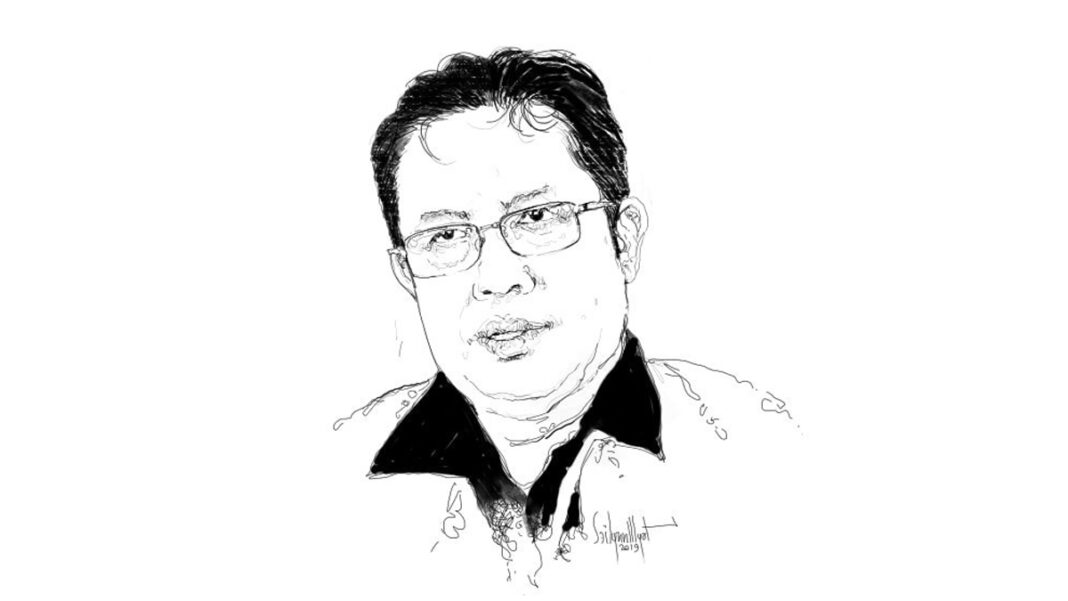
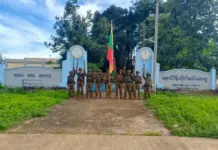
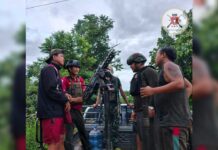
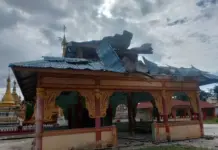

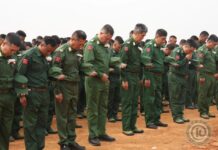






Leave a Comments